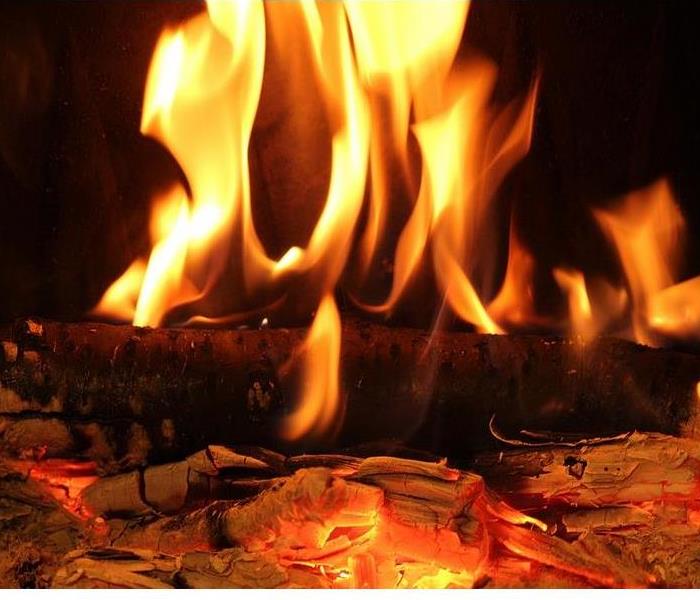Keeping Warm This Winter
11/21/2018 (Permalink)
Keeping Warm This Winter
As the winter season approaches and the temperature starts to drop more and more, we turn to anything that can keep us warm in our homes. From heating a certain room with our space heaters to cuddling up with your sweetheart in front of a warm fire, they can all potentially be dangerous. Here are some tips to keep you safe while turning up the heat.
Space Heater Safety Tips:
- Keep anything that can burn at least 3 feet away from your space heater. That includes bedding, furniture, and curtains.
- Create a 3-foot “kid free zone” around your space heaters and never use a space heater in a child’s bedroom.
- Never use extension cords.
- Turn off your space heater when going to bed or leaving the room.
- Never use a space heater in a wet or damp area unless it is specifically designed for it.
- Never put a space heater on the counter unless it is specifically designed for it.
- Install smoke and carbon monoxide alarms. Make sure they are tested monthly.
- Only purchase “UL Listed” heaters. This independent organization does safety tests.
- Never use gas or oil-burning space heaters inside. Those types of space heaters are only designed to be used outside or in open spaces like a tent or porch.
- Make sure to read and follow all of the manufacturer’s instructions before and during use.
Fireplace Safety Tips:
- Before starting a fire, make sure the damper or flue is open. Keeping this open will draw smoke out of the house. Using a flashlight to look up the chimney can check the damper. Never close the damper until the embers have completely stopped burning.
- Use dry or aged wood in your fire. With dried wood, it burns with less smoke and burns more evenly. If you use wet or green wood, this cause more smoke and contributes to soot buildup in the chimney.
- Smaller pieces of wood positioned on a grate burn faster and produce less smoke.
- Make sure to clean out ashes from any previous fires. The levels of ash at the base of the fireplace should be kept to 1 inch or less. A thicker layer restricts the air supply to logs, resulting in more smoke.
- You should get your chimney check annually by a professional. Even if the chimney is not due for cleaning, it is very important to check for animal nests or any other blockages that could prevent smoke from escaping.
- The area around your fireplace should be clear of anything that is potentially flammable.
- Never leave the fire in your fireplace unattended. Make sure the fire is out completely before going to bed or leaving the house.
- Install both a smoke and carbon monoxide detectors. Make sure to test them monthly and change the batteries at least once a year.
- Keep a fire extinguisher on hand.





 24/7 Emergency Service
24/7 Emergency Service
